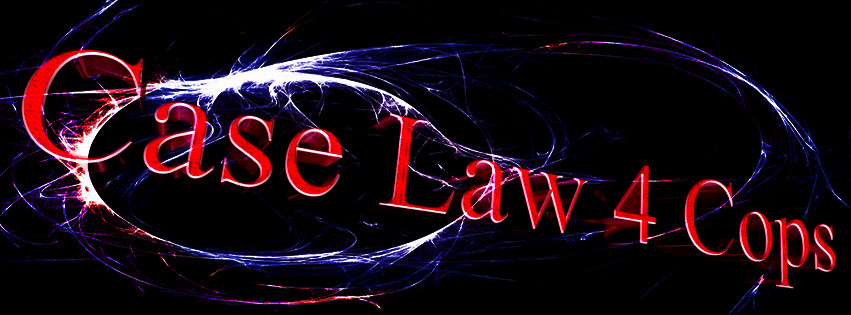Click on the case titles to link to the full case decision.
Delaware v. Prouse, 440 US 648(1979)-Non-standarized random traffic stops conducted for the purpose of checking driver licenses violates the Fourth Amendment.
Brower v. Inyo County, 489 U.S. 593 (1989)-The police set up a roadblock on a curve using an 18-wheeler. The police did so to stop Brower who was eluding police in a stolen vehicle. Brower crashed into the roadblock and died. The USSC ruled that the family can sue under Section 1983. The court ruled that it was reasonable to believe that the roadblock was an excessive use of force to accomplish the seizure.
Michigan Department of State Police v. Sitz, 496 US 444 (1990)-The State's interest in preventing drunk driving is a highway safety issue. The use of checkpoints to detect drunk driving within certain guidelines is constitutional.
City of Indianapolis v. Edmond, 531 US 32(2000)-It is unconstitutional to set up a checkpoint to detect evidence of ordinary criminal wrongdoing. In this case, the officers were looking for drugs.
Illinois v. Lidster, 540 U.S. 419 (2004)-Police set up a roadblock in the area of a fatality hit-and-run accident. The police used the roadblock to ask drivers and passengers if they had any information about the accident. Lidster was stopped at the roadblock and was found to be DUI. He appealed his conviction arguing that the Indianapolis v. Edmond case made this type of roadblock unconstitutional. The USSC ruled that the roadblock did not violate the Constitution because it was set up for informational purposes. Its purpose was not to determine if drivers or passengers were committing crimes.
US v. Aukai, No. 04-10226 (9th Cir. 2007)-Airport Searches-A particular airport security screening search is constitutionally reasonable provided that it “is no more extensive nor intensive than necessary, in the light of current technology, to detect the presence of weapons or explosives and that it is confined in good faith to that purpose.” This area extends to the point where bags are placed on the scanner. Once a person places a bag on the scanner or a person passes a magnetometer and enters into the secured area he is subject to as thorough a search as necessary to find weapons or explosives. The person once in this position cannot refuse the search even if he chooses to leave the airport and not fly. This restriction is necessary in light of terrorist activity. The court said that this type of search is not dependent on consent although the person does consent by entering into the area. The search is an administrative search.
